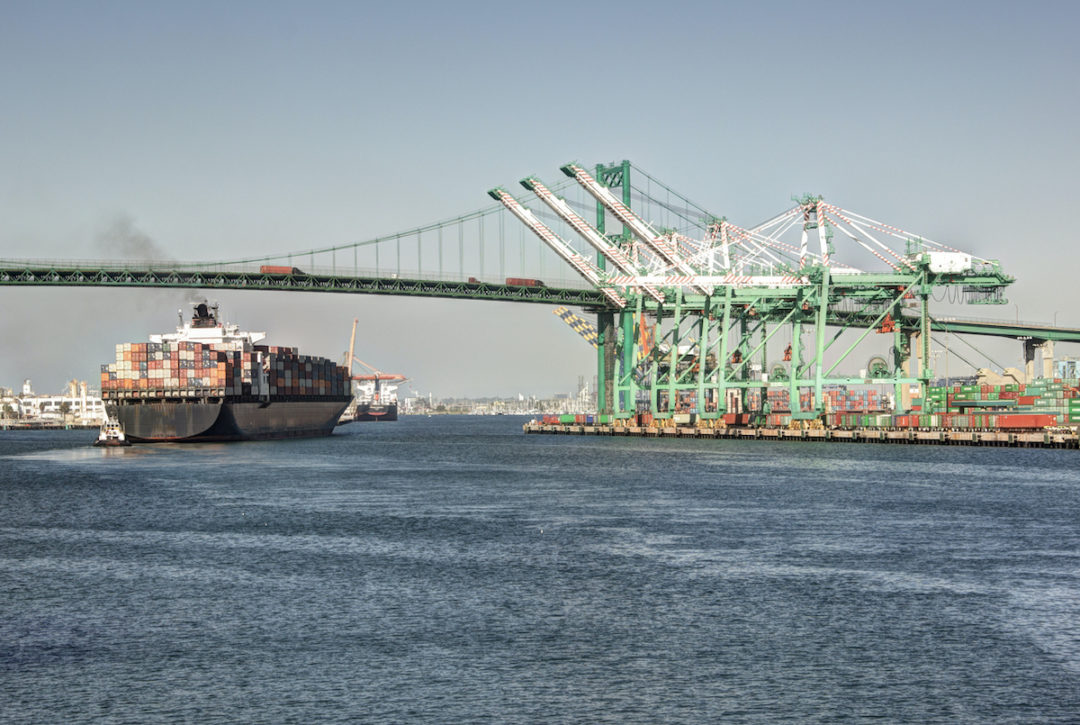Economists are voicing concerns over escalating tension between the US and China, saying Thailand cannot avoid the indirect repercussions of global trade uncertainty that could strain the country's export and supply chain. Nattawat Onratn, senior executive vice-president at CGS-CIMB Securities, said the ongoing trade war could last for a year, especially if the US and China cannot compromise on their stances. "The biggest issue is that nobody knows what President Donald Trump really wants and countries that have already discussed with the US about the reciprocal tariff, including Japan, haven't got anything substantial from their talks," he said.
"It depends on how you define the word 'crisis' but to me, we are now in the crisis when investors should hold more cash," noted Mr Nattawat, adding that a short-term rebound of the Stock Exchange of Thailand (SET) could be seen but the bourse overall would remain under the negative influence of Trump's tariff policy. Allianz SE, a German multinational financial services company, said Thailand is likely to face moderate impacts from the US-China trade war, with GDP growth expected to slide to 2.2% this year and 2.

1% in 2026, from 2.5% in 2024. The reciprocal tariff has raised global trade costs, particularly affecting the automotive, manufacturing, and electronics sectors, said Ludovic Subran, chief investment officer and chief economist at Allianz.
"Although Thailand is not directly targeted by US tariffs, the indirect repercussions of global trade uncertainty are expected to strain the country's export sector and supply chains," noted Mr Subran. In response, Thailand's central bank is likely to adopt monetary easing policies, while domestic policy support and trade diversification will be crucial in cushioning the impact, he added. As the ongoing trade war has triggered business investment cuts and project delays, Allianz anticipates global GDP growth might drop to 2.
3% in 2025, the lowest since the Covid-19 pandemic. Key drag factors include policy uncertainty, slowing consumption in developed countries, and geopolitical tensions. Consumer spending in large economies such as the US and Europe is stagnating under the weight of persistent inflation and rising living costs, he pointed out.
The Asia-Pacific region is forecast to grow by 3.9% in 2025, with emerging markets excluding China displaying resilience due to more adaptable economic structures. Key drivers include strong domestic consumption, easing inflation, and lower interest rates, allowing for more flexible monetary policies.
BofA Global Research said that considering the headwinds to growth from the US tariff uncertainty, Thailand may need additional fiscal stimulus. "With the budget nearing its fiscal limit, any additional stimulus would require another law, for example, through an emergency decree, to authorise further borrowing," said emerging Asia economist Pipat Luengnaruemitchai..
Business

Thailand faces hit from US-China trade war

Economists are voicing concerns over escalating tension between the US and China, saying Thailand cannot avoid the indirect repercussions of global trade uncertainty that could strain the country's export and supply chain.















